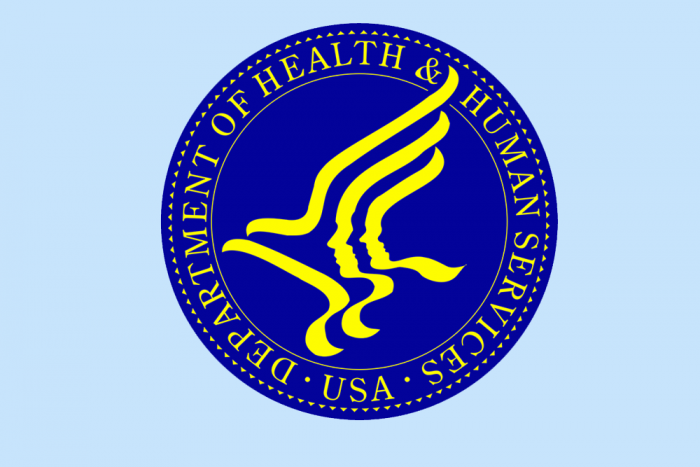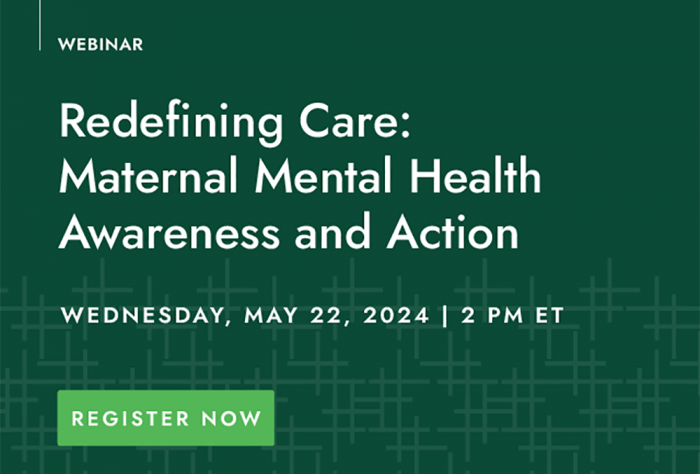OMHSAS Announces New Bulletin: Clarifications on Employment Bans in OAPSA
A new bulletin addressing revisions to the Older Adults Protective Services Act (OAPSA) has been released by the Commonwealth Court. This bulletin specifically focuses on clarifying the legal standing of certain provisions, notably the “lifetime employment ban” for individuals with criminal convictions. Enacted in 1987, OAPSA aimed to protect Pennsylvania’s older population from exploitation, neglect, and abuse, establishing a program for their safeguarding, including those in mental health inpatient and residential facilities. However, subsequent amendments in 1996 introduced a permanent employment ban for individuals convicted of certain crimes. Despite this, a 2015 ruling by the Commonwealth Court found this provision unconstitutional, citing violations of due process guarantees under the PA constitution.
The full bulletin, titled “Bulletin OMHSAS-24-03 Employment Bans in OAPSA,” can be accessed here. Further inquiries regarding OMHSAS-24-03 can be directed to OMHSAS via email. You can also contact RCPA Policy Director and COO, Jim Sharp, with any additional questions.
HHS Finalizes Rule Strengthening Protections Against Disability Discrimination
The US Department of Health and Human Services (HHS) has updated the regulations that prohibit discrimination based on disabilities to clarify obligations in several critical areas. Specifically, the rule:
- Ensures that medical treatment decisions are not based on negative biases or stereotypes about individuals with disabilities, judgments that an individual with a disability will be a burden on others, or dehumanizing beliefs that the life of an individual with a disability has less value than the life of a person without a disability.
- Prohibits the use of any measure, assessment, or tool that discounts the value of a life extension on the basis of disability to deny, limit, or otherwise condition access to an aid, benefit or service.
- Defines what accessibility means for websites and mobile applications and sets forth a specific technical standard to ensure that health care and human service activities delivered through these platforms are readily accessible to and usable by individuals with disabilities.
- Adopts the U.S. Access Board’s standards for accessible medical diagnostic equipment, like exam tables and mammography machines.
- Details requirements to ensure nondiscrimination in the services provided by HHS funded child welfare agencies, including, but not limited to, reasonable efforts to prevent foster care placement, parent-child visitation, reunification services, child placement, parenting skills programs, and in- and out-of-home services.
- Clarifies obligations to provide services in the most integrated setting, like receiving services in one’s own home, appropriate to the needs of individuals with disabilities.
Additionally, the Final Rule updates existing requirements to make them consistent with the American with Disabilities Act (ADA), as many HHS recipients are also covered by the ADA. This consistency will improve and simplify compliance.
View the full press release here. If you have any questions, please contact Fady Sahhar.
National Council for Mental Wellbeing Shares Advocacy Campaign for CCBHCs
“Illuminate Leadership: Moving From Rockstar Contributor To Impactful Manager” — Free Webinar for RCPA Members on June 21
Reminder for RCPA’s Annual Membership Meeting and PAC Golf Fundraiser on May 14
Redefining Care: Maternal Mental Health Awareness and Action
Wednesday, May 22, 2024 | 2:00 PM EDT
Despite the increased awareness and government funding dedicated to improving maternal and fetal outcomes, maternal mental health conditions remain one of the most prevalent complications during and after pregnancy, affecting one in five women. An alarming 75% of these women do not receive any treatment, and nearly one in four die from suicide or opioid overdoses. If your organization is dedicated to disrupting this disheartening trend, effectively addressing and improving maternal mental health outcomes should be a central component of your strategy. Join us to hear industry experts unveil staggering statistics and discuss strategies to identify, diagnose, and treat mothers with mental health conditions throughout their entire pregnancies.
Save the Date! RCPA’s 2024 Conference to Be Held Sept. 24 – 27
RCPA is excited to announce our Annual Conference Embracing Challenges, Empowering Success, which will be held September 24 – 27, 2024, at the Hershey Lodge. Save the dates for this action-packed event, which promises to showcase key speakers discussing the latest in health and human services across all divisions. Registration details and more will become available in the coming months, and you can stay up-to-date with developments at the RCPA conference website.
Our conference will host lively networking events, and our Connections Hall will feature businesses and organizations that can serve your agency’s needs, be it in renovations, EHR management, or patient care.
If your organization is interested in sponsoring or exhibiting, you can complete our Sponsors, Exhibitors, and Advertisers Brochure or contact Carol Ferenz, Conference Coordinator. Spaces are filling up, so don’t delay!
We look forward to sharing more details in the near future and would like to extend a thank you to those organizations who have already pledged support for the conference! View our current sponsors and exhibitors on the RCPA Conference website!
















